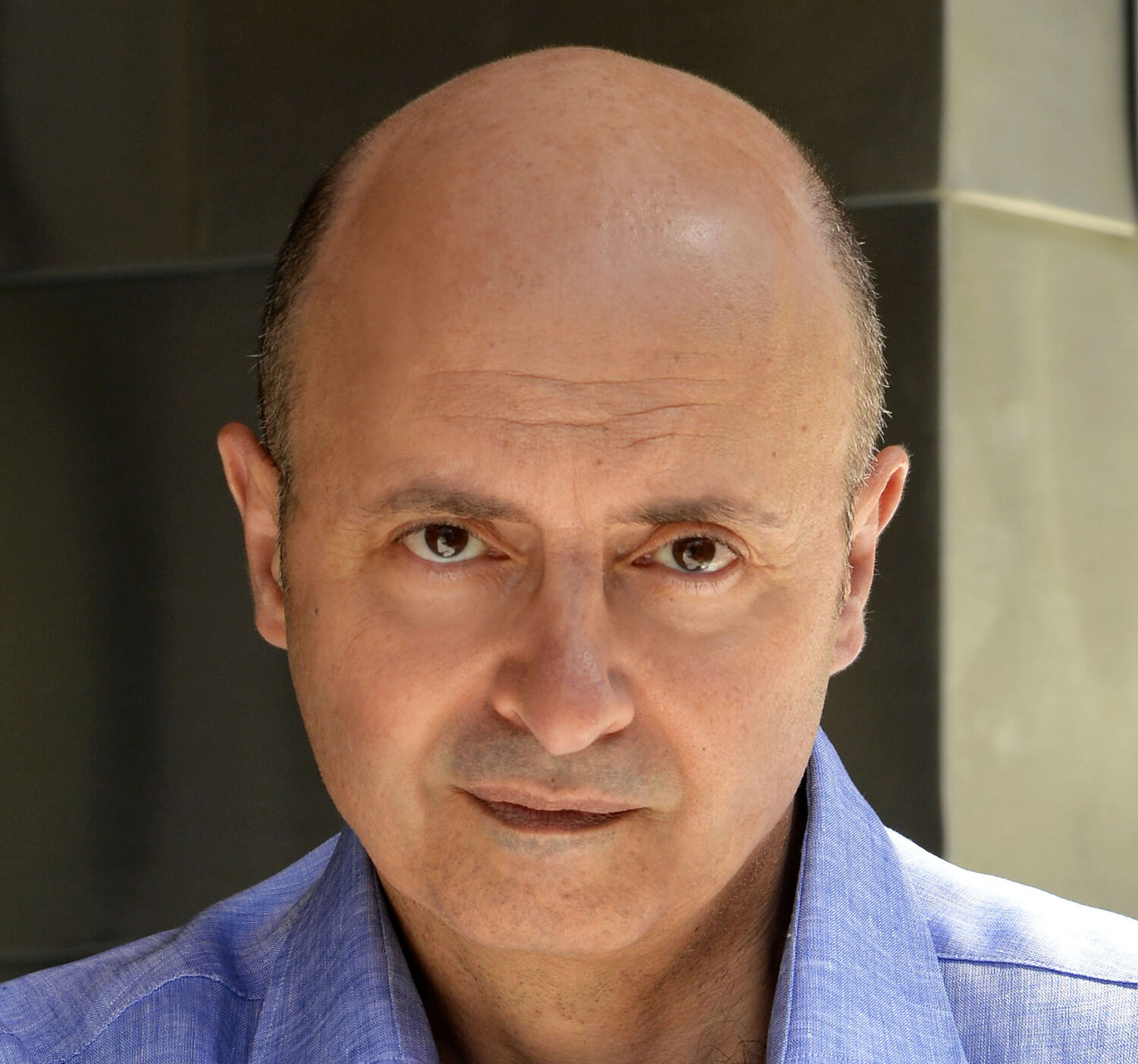 Fred Wilson posted the other day on his blog about General Georges Doriot, reminding us that Doriot was credited to be the “father of modern venture capital”.
Fred Wilson posted the other day on his blog about General Georges Doriot, reminding us that Doriot was credited to be the “father of modern venture capital”.
Georges Doriot’s story is told in the book Creative Capital: Georges Doriot and the Birth of Venture Capital, published in 2008 and written by Spencer Ante.
I was struck by the similarities between what happened in the 1940’s and what is happening now with cryptocurrency, relating to breaking the regulatory mold in order to allow something new to flourish.
Following World War II, Doriot founded the world’s first public venture capital firm, American Research and Development Corporation (ARDC).
Consider this:
"The idea of venture capital was so new that the founders of ARDC were forced to reengineer aspects of various financial regulatory structures in order to make it viable. Before ARDC could offer its stock, for instance, it had to obtain a number of exemptions under the Investment Company Act of 1940 from the Securities and Exchange Commission." [source]
This is almost exactly where we are with cryptocurrency tokens and funds. The industry is begging for a re-write and a reengineering of the financial regulatory structures of yesteryears.
This gives hope to the current array of activities that have spurred around cryptocurrencies, and the tectonic shifts that ICOs and cryptocurrency-based token models are begging for.
Back in the day, stocks were considered a new asset class, just as cryptocurrencies are today, as we are calling them “new asset classes”.
The current asset classes include stocks, bonds, and cash as “traditional assets”. Alternative assets include commodities, REITs, collectibles, insurance products, derivatives, foreign currency, venture capital, private equity and distressed securities.
It is worthy to note that the alternative classes have varying degrees of compliance requirements: from being regulated to non-regulated.
Maybe, regulators could stop scratching their heads and treat cryptocurrencies simply as a new alternative asset class, and we’ll be done with the debate. There is a precedent to that evolution, citing Doriot’s work.
Most regulators have been waiting and doing no harm to the current environment (except the rare ones who have issued bearish warnings). Their wait has been useful, and will be vindicated because we are starting to see the circle come to its fullness:
-
Crowdsourced funding via cryptocurrencies is a viable practice. A lot of good ideas and innovative companies are coming out of it. This segment is creating thousands of jobs and companies all over the world.
-
Cryptocurrency fund management is going to become a thing. Today it looks like a fringe activity or strange beast that has characteristics so unique, that they can’t be described in the current legal lexicon. Its reality lies somewhere between traditional fund management and venture capital, and it is already practiced or envied by professional managers and seasoned investors.
-
Cryptocurrencies are not evil and are not for money launderers and scammers. They are for entrepreneurs, technologists, change-the-world dreamers, and anyone who believes they can (and will) enable new business models, new types of organizations, and new ways to service consumers and businesses alike.
“ARDC may have been launched in 1946, but it took close to 20 years before the investment community bought into the whole the “venture capital” thing. It really took one big success for investors to take the venture capital business model seriously, which for ARD came in the form of its investment in Digital Equipment Corporation. In 1957, ARD invested $70,000 into Digital Equipment Corp for a 70% ownership stake. By 1967 the position was worth $200 million or 2800x its original investment.” [source]
Hopefully, crypto will not take 20 years before the investment community buys into that concept wholeheartedly. It already has big successes, like Bitcoin, Ethereum and many others who have generated financial returns for their early investors, while creating a new economy of its own-, the blockchain economy.
Just as Georges Doriot was credited for seeing that capital needed to get “creative” to birth venture capital, we need to be creative today, in order to birth “crypto capital”.
Endnote: This topic will be discussed in greater depth and with a variety of experts we have assembled from around the world, at the upcoming Token Summit in New York, on May 25th. This topic straddles two streams: 1) the regulatory aspect, and 2) how crypto-assets are valued and they are really worth.
Chris Burniske, Blockchain Products Lead at ARK Invest will lead the crypto-assets valuation panel, exploring how to concretely analyze this new asset class, including definitions of speculative vs. utility value, and how their characteristics and roles play in markets.
Peter Van Valkenburgh, Director of Research at the Coin Center will lead the legal and compliance panel, where they will explore and contrast the latest regulatory practices in Europe, Africa, Asia and North America.

